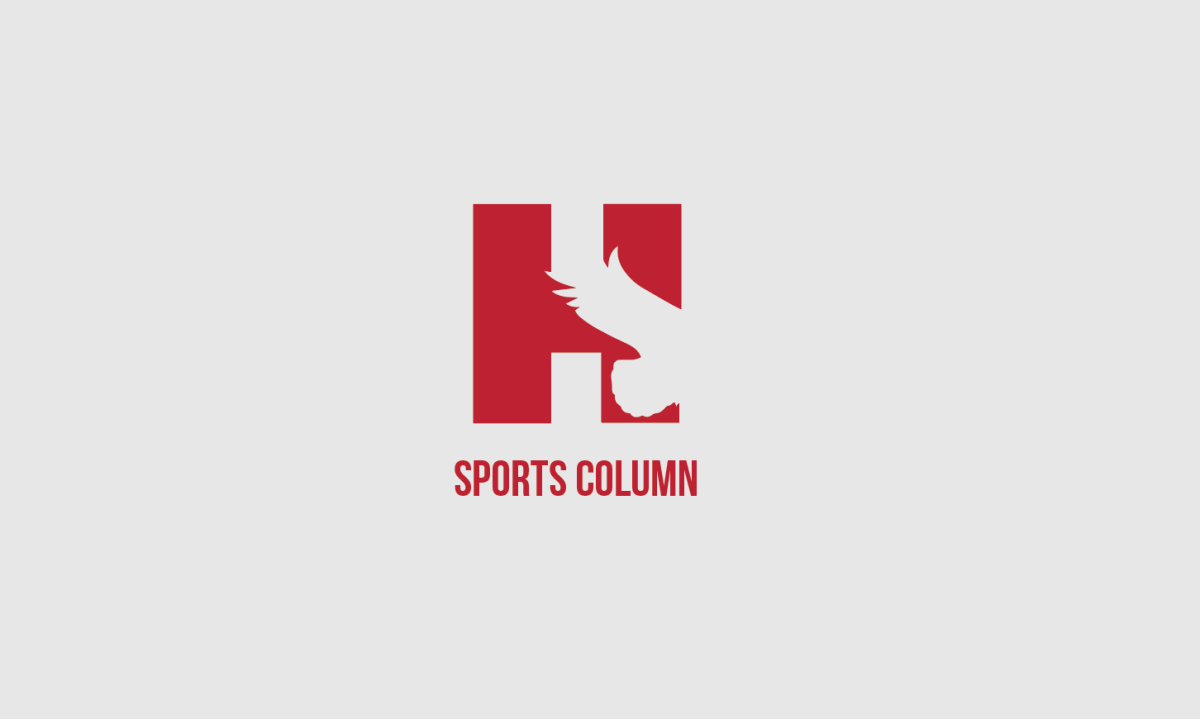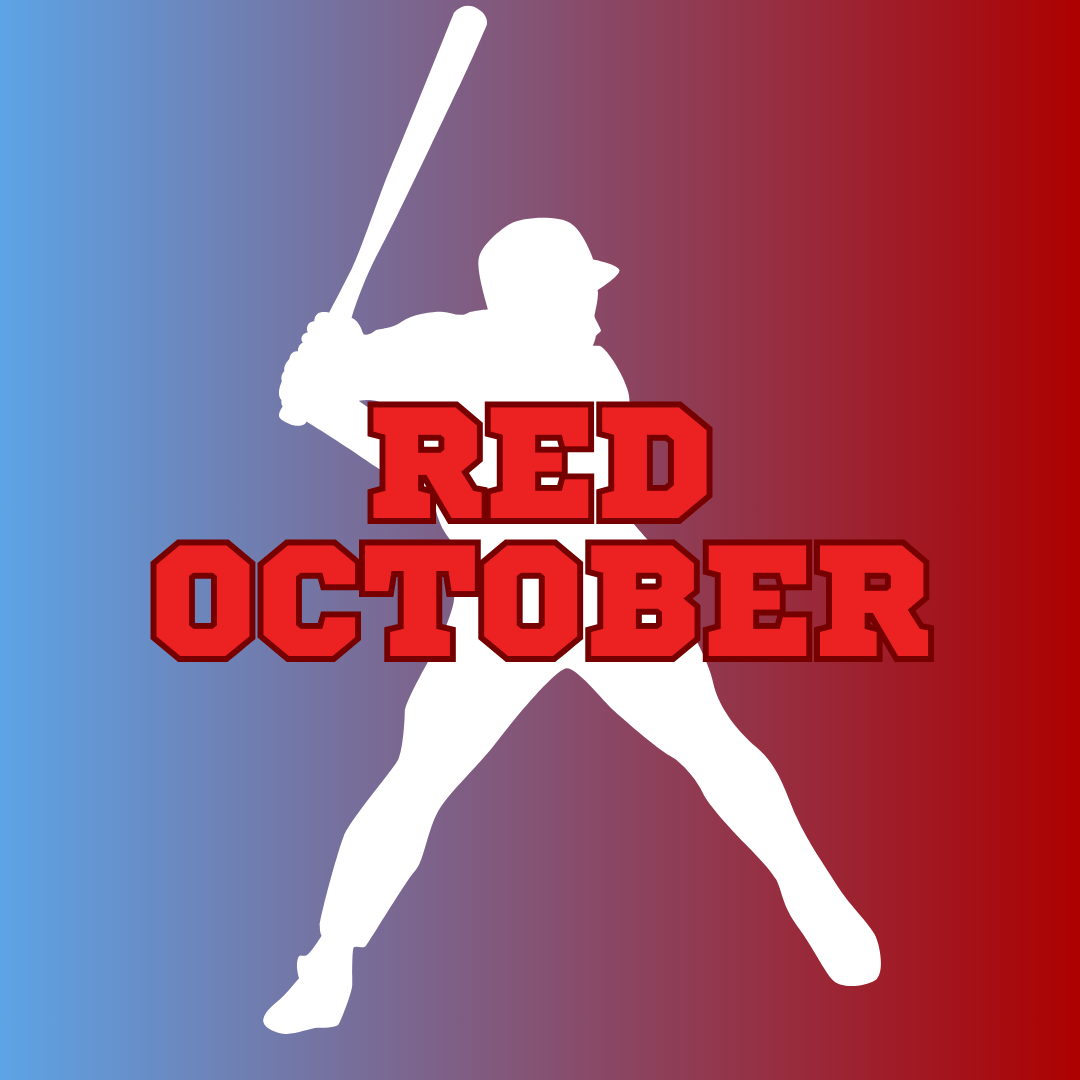On March 25, redshirt junior guard Ryan Daly announced his intention to enter the NBA draft. Daly will not be hiring an agent at this time. This allows him to return to Hawk Hill, if he chooses, by the NCAA eligibility deadline of 10 days after the close of the NBA combine, which is currently set to end on May 24.
Daly led the Atlantic 10 Conference this season with 20.6 points per game. Additionally, Daly led the Hawks in 4.3 assists, 6.8 rebounds and 1.2 steals per game.
While there is a chance that Daly will return to Hawk Hill, it seems unlikely at this point. It is doubtful that Daly will hear his name called on draft night, but the NBA G League and international teams will surely have their eye on him in the coming weeks.
With the likelihood that the Hawks will be without Daly next season, how will the gaps in scoring be filled?
Daly attempted 511 field goals in the 2019-20 season. 26.2% of the shots taken by the Hawks this season came from Daly. On one hand, having the top scorer in the A-10 taking more than a quarter of his team’s shots in the season is great, but it also detracts from the development of younger players.
The Hawks roster consisted of four underclassmen men players who– at some point throughout the season– were receiving significant playing time: redshirt sophomore forward Myles Douglas and freshman guards Cameron Brown, Rahmir Moore and Chereef Knox.
Throughout the first half of the season, Brown—despite being a starter—was attempting very few shots. It was not until the start of A-10 play that Brown began to consistently attempt 10 plus shots per game and score 10 plus points per game, which is why his season average in scoring is just 10.1 points per game.
With the likelihood of the Hawks playing without Daly next season, the scoring load is likely to fall to Brown. The issue is that Brown only attempted 290 field goals last season, which is dwarfed by the shots Daly attempted. Moreover, Brown attempted the second most shots for the Hawks last season.
The significant drop-off in shots taken by players this season from Daly to everyone else is going to be difficult for the Hawks to overcome next season. Players like Douglas—who attempted 223 shots this season– and redshirt junior forward Taylor Funk will need to become active participants in the offense.
Due to injury in the 2019-20 season, Funk was granted a medical redshirt for the season which provides him an additional year of eligibility. In the 2018-19 season, Funk attempted just 272 shots.
There is no player on the Hawks roster next season who has attempted 300 plus shots in one season in their collegiate career. The majority of Hawks players have attempted less than 200 shots per season in their career. Only Funk, Brown and Douglas have superseded this mark.
While Daly leading the A-10 in scoring this season was one of the few bright points Hawks fans will be able to look back on from the 2019-20 season, it came with a price that is being overlooked.
This last season was meant to be the start of the rebuild for the Hawks: young players gaining experience in collegiate level play and fans knowing that wins would come few and far between.
Instead, the Hawks core of young players—Brown, Douglas, and Moore—attempted just 34% of the Hawks shots this season. They did not have the opportunity to develop their offensive efficiency for on-the-court IQ, which Hawks fans are expecting moving into next season.
The loss of Daly to professional basketball—while it may seem significant—will be beneficial for the Hawks next season. Players like Brown and Douglas, as well as sophomore guard Greg Foster Jr. and freshman guard Dhamir Bishop who transferred to the Hawks last year but were forced to sit out this season per NCAA eligibility rules, will have the opportunity to develop as individual players and as a team more than they ever could have this season.
Hawk fans will be wishing Daly all the best as he looks to begin his professional career, but they will be disappointed when they realize that the young core of the Hawks was unable to truly develop this season.
Next season, the Hawks must look to be balanced in their shot attempts across the starting lineup. A more balanced offensive approach will pay dividends moving forward for the Hawks. It will allow all players to develop into highly-skilled competitors.
When Head Coach Billy Lange was the assistant head coach for the Philadelphia 76ers, he was in charge of player development. I am interested to see the work he can do with a young roster this offseason, in hopes that the Hawks will be competitive in the A-10 next season.














































